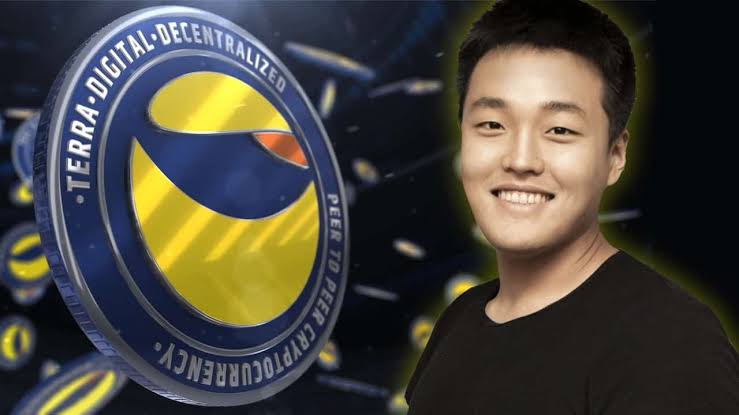Terraform Labs’ appeal against the Securities and Exchange Commission was denied, which means the company will have to reply to the SEC’s investigations.

Do Kwon, the infamous Terraform Labs founder and CEO, is currently battling legal battles on numerous fronts. The loss of Terraform Labs in court over Mirror Protocol opens the way for more action to be taken in response to the collapse of stablecoin TerraUSD.
Terraform Labs’ appeal against the Securities and Exchange Commission was dismissed by the Second Circuit Court, which upheld an earlier ruling by the Southern District of New York.
According to court filings, the SEC began examining a Terraform Labs project called Mirror Protocol last year and issued Kwon with a subpoena at a New York conference on Sept. 20, 2021.
Kwon’s lawyers stated in the attempted appeal that the SEC had no jurisdiction over Kwon and Terraform Labs, both of which are domiciled in South Korea (though Terraform is registered in Singapore). Back in December, Kwon made the assertion that the SEC lacked jurisdiction. His lawyers also objected to Kwon being served directly rather than through his counsel.
The SEC complied with its guidelines, according to a district judge, and the agency has sufficient jurisdiction. On Wednesday, the 2nd US Circuit Court of Appeals upheld the decision, dismissing Terraform Labs (TFL) and Kwon’s appeal.
The agency’s position is moot because Kwon’s legal counsel told the court that Kwon had never authorized him to accept invitations.
“Appellants’ reading of the Rules is contrary to the text and would produce absurd results by allowing a party to insist on service through counsel, but allow the party to block said service by not authorizing their counsel to receive any filings,” the appeal court wrote in its decision.
TFL and Kwon were also found to have personal jurisdiction by the district court, noting seven grounds that linked their activities to the United States. TFL pushed the protocol’s tokens to US-based users and investors, kept US personnel, and even paid an unnamed exchange $200,000 to list the tokens for trading, according to the lawsuit.
The court wrote, “Appellants’ arguments to the contrary are unpersuasive.” The decision makes no mention of whether Terra’s digital assets are considered securities under US law.
Mirror is a Terra blockchain-based decentralized finance (DeFi) protocol that allows users to generate synthetic assets that mimic the price of stocks like TSLA and GOOGL while utilizing UST as collateral. The project has been in chaos since the UST depeg, unable to operate as intended in the absence of a functioning stablecoin. Mirror’s governance has likewise struggled to reach a quorum on proposals, while the project’s developers have remained silent.
Mirror Protocol has yet to confirm whether it will relaunch on the Terra mainnet’s new iteration, which went live on May 27, 2022 after a community vote. According to Coinmarketcap, Mirror’s token MIR is down over 98 percent from its all-time high in May 2021, trading at $0.237 as of 12:15 am UTC.